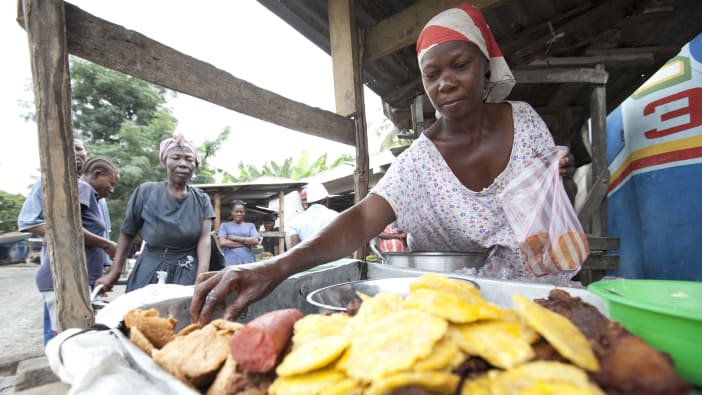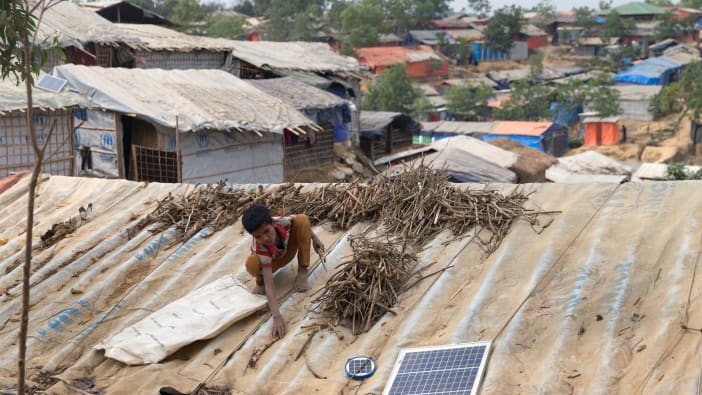Policy positions
How will Europe’s ecodesign measures affect the circular economy in low-income countries?
The risks and rewards of European circular design for low-income countries
2017 Available in English

A roadside phone repair shack displays recycled phones in an African marketplace. Photo: Dan Rosenberg
Download resource
Similarly Tagged Content
Share this resource
If you found this resource useful, please share it with others so they can benefit too.

Get our email updates
Be the first to hear about our latest learning and resources
Sign up now - Get our email updates





